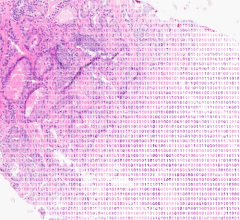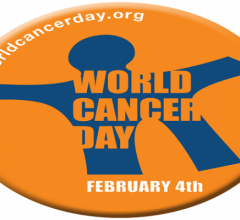March 28, 2008 - The 21st century will be a time of personalized care for patients with breast cancer where tools such as biomarkers, multi-gene assays and single-gene assays will help clinicians individualize treatment, according to Peter Ravdin, M.D., Ph.D., presenting at the The National Comprehensive Cancer Network’s (NCCN) 13th Annual Conference.
However, Dr. Ravdin cautioned, further validation is still necessary to confirm some of the predictive capacities of these tests.
Dr. Ravdin, a research professor in biostatistics at The University of Texas M. D. Anderson Cancer Center, explained that, with increasing knowledge of the molecular characteristics of different tumor types in breast cancer, it has now possible to select therapy based on hormone receptor status, HER2 expression and genetic markers. As a result, certain high-risk patients who may benefit from it can be treated aggressively with adjuvant chemotherapy, while low- to intermediate-risk patients may be spared the toxicity and added physical strain of such aggressive treatment. Clinician understanding of these characteristics offers the potential to select therapies based on the individual patient’s risk profile.
Dr. Ravdin predicted that evidence based on large, prospectively done metaanalyses that will soon address the question of the use of single gene assays like HER2 and topoisomerase II.
“In this new era, we will be using multi-gene assays and, perhaps, some of the single gene assays,” Dr. Ravdin said. “Guidelines are backing such use already. Some uses are well-supported while others are awaiting strong validation.”
For more information: www.nccn.org


 September 07, 2023
September 07, 2023 






